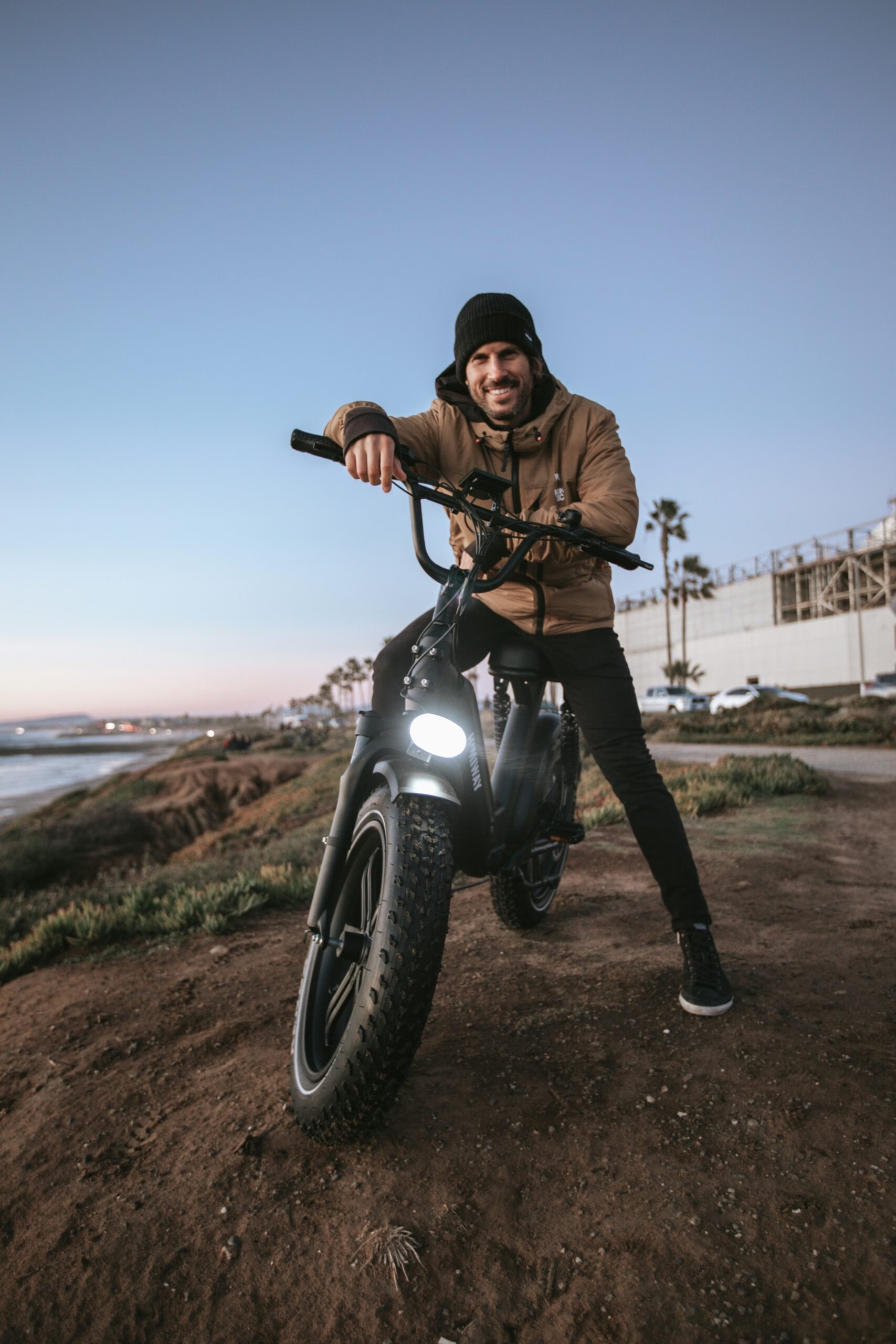We have covered Vmoto in detail in the past. They are a high-quality electric two-wheeler manufacturer focusing on design and engineering, but their lack of scale hampers them. This means they are unlikely to be a significant player in the two most important global two-wheeler markets—India and China.
So, Vmoto has been working hard to stitch together the remaining global markets. The game plan seems to be the same everywhere: make strategic investments in promising start-ups in fleet mobility or EVs as a service space for a minority stake and ensure that they stay in the Vmoto ecosystem—vehicles, batteries, and supporting software.
A couple of weeks back, Vmoto invested in Singapore-based e-mobility company Evotion Labs Pte Ltd. Vmoto will take a 12.5% stake in Evotion for SGD 1m in cash. Evotion is a joint venture between Mah Pte Ltd, a Singapore-based motorcycle distributor, and Maverick Investments Ltd. Evotion is setting up an ecosystem of EV scooters, battery swapping, and charging infrastructure in Singapore and Southeast Asia. Evotion would use Vmoto products and solutions for pilot and trial projects in Singapore as part of the investment.
Vmoto says that Evotion is the first company in Singapore to secure Type Approval (TR25 Part 4) from the Land Transport Authority (LTA) for operating battery-swapping infrastructure and would also get an Electric Vehicle Charging Operator (EVCO) license within weeks.
Before that, in September 2024, Vmoto entered into an agreement with Nova Machina in South Africa. Both will set up a joint venture—Nova Moto—in which Vmoto will have 35 % ownership. For its 35% ownership, Vmoto will invest ZAR 1.9 million (AUD 156k/USD 100k) in electric mopeds, swap and charging stations, and batteries. Nova Moto will lease/rent electric mopeds to delivery riders in South Africa. Obviously, the deployed vehicles would be Vmotos.
In Thailand, Vmoto has entered into a similar agreement with the logistics group Skipper Run Co., Ltd to set up a new JV, GoRide Co., Ltd. The new company will sell and lease/rent electric motorcycles/mopeds and e-mobility solutions to the delivery market.
The agreement signed in November 2024 entails that Skipper will invest THB 2m (AUD 88k / USD 57k) by the end of 2024 and another THB 5m(AUD 221k / USD 142k) by 31 March 2025 in cash for 70% of the company. Vmoto will invest THB 3m (AUD 133k / USD 86k) in electric mopeds, swap and charging stations, and batteries by 31 March 2025.
Almost all these arrangements of paying for equity in scooters are similar to what Vmoto has had with Indonesia-based Charged Asia since December 2022. Vmoto has agreed to invest up to USD 3m through credit offsets on batteries and electric scooters supplied from Vmoto to Charged Asia over 3 years for 8% equity.
Vmoto also has a very similar agreement with UK-based Zenion from July 2024, in which it agreed to invest GBP 497k (AUD 970k) in the UK-based fleet operator that deploys Vmoto scooters to fleet operators. In return for the investment, Vmoto received an 11% stake in Zenion.
Impact
For a small company, Vmoto is punching above its weight. Smartly.
The strategic investments are not huge, sometimes as small as USD 70-100k, but they achieve the goal of giving Vmoto a foot in the door in markets where the ASX-listed company has no presence currently.
In doing so, Vmoto is not investing huge amounts of money or equivalents. Most of its investments are with startups, where Vmoto is entering the early stages and investing a relatively modest amount of cash, or cash equivalent.
Almost all investments are not cash but in the form of scooters, chargers, and battery-swapping stations. Vmoto’s investment efficiency is greater as transaction prices are likely close to ex-factory levels. One can stretch USD 70k far if the scooter prices are not retail.
In some geographies, Vmoto displaces rivals like Niu from the business. Singapore-based Evotion started its business with battery-switching Niu scooters but has now switched to Vmoto.

Evotion’s early battery swap efforts were with Niu, but now switched to Vmoto. Vmoto assures its business through small investments. Once swapping stations, fast chargers, and Vmoto scooters are deployed, the natural expansion for any fleet would be to add more of the same infra. Vmoto becomes the default choice whenever these EV-as-a-service players expand operations. However, it is unlikely that Vmoto would participate in a further investment round with any of the start-ups. They don’t need to.
In recent quarters, Vmoto’s focus has shifted to fleet operators. At the recent EICMA, the company launched the Electric Mobility Solution (EMS) business initiative, a system that comprises seven key components:
A fleet vehicle range that is already widely deployed across the world.
New 74V portable/swappable batteries—2.2 kWh and 3.3 kWh—are already deployed across the vehicle range. The portable batteries use fast-charging cells from CATL.
Fast Charger System that charges the batteries full in 30 minutes.
Fleet monitoring software developed by Vmoto.
Battery Swapping Stations that can swap the same batteries.
Super Fast Vehicle Charging Stations that can charge two vehicles simultaneously using Type-2 connectors on both sides.
Financial Consulting and Business Development services for fleet operators.
With the seed investments, Vmoto is planning to be the fleet operator supplier of choice.
We expect (not anticipate or speculate) Vmoto to make a similar play in Africa. The VS4 has Africa written all over it.


